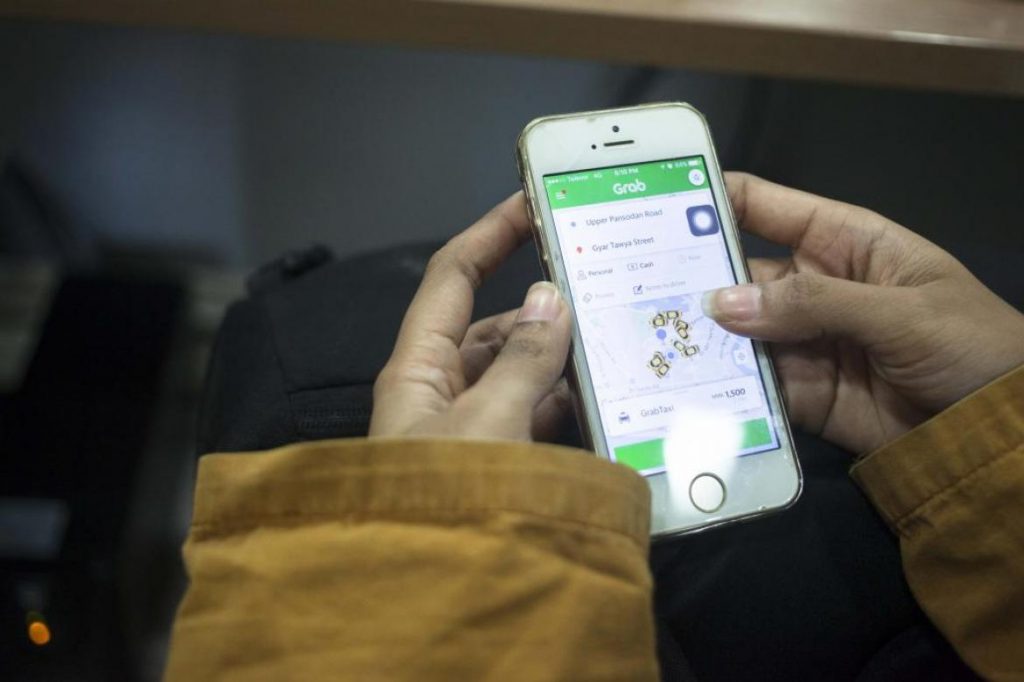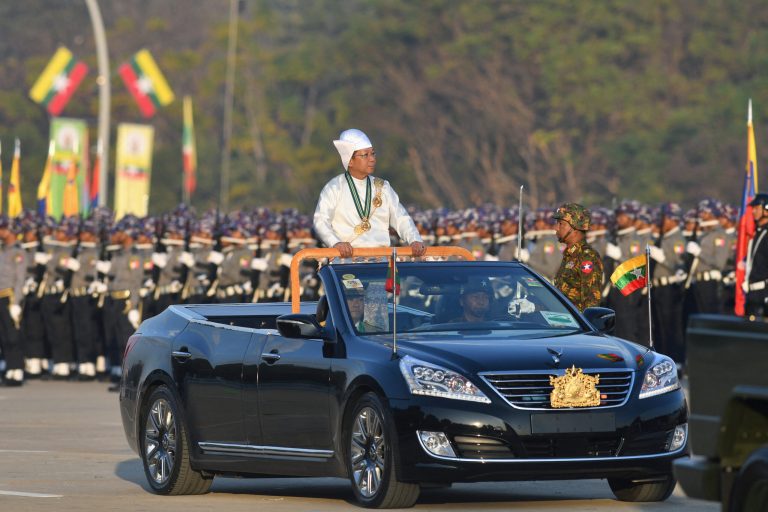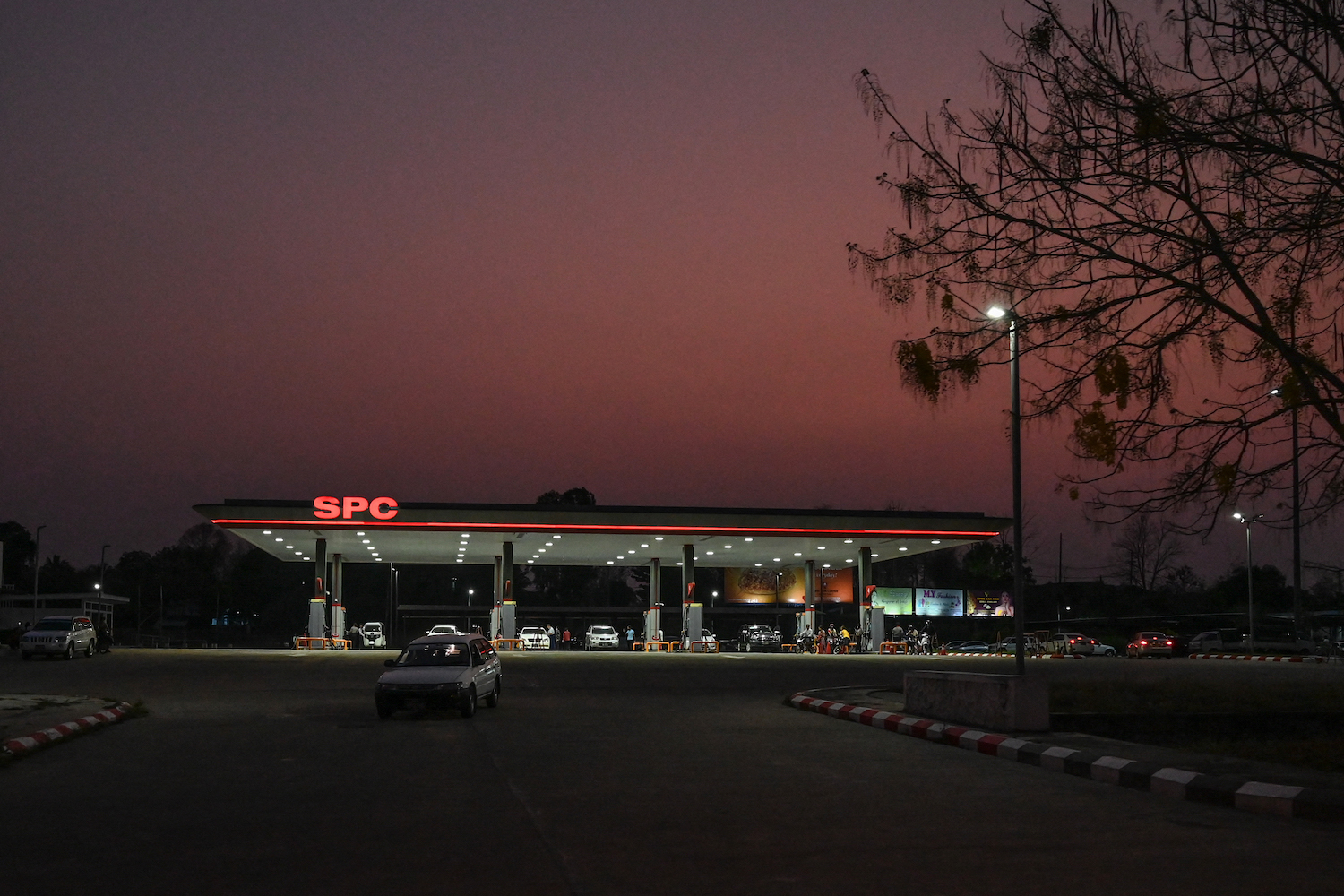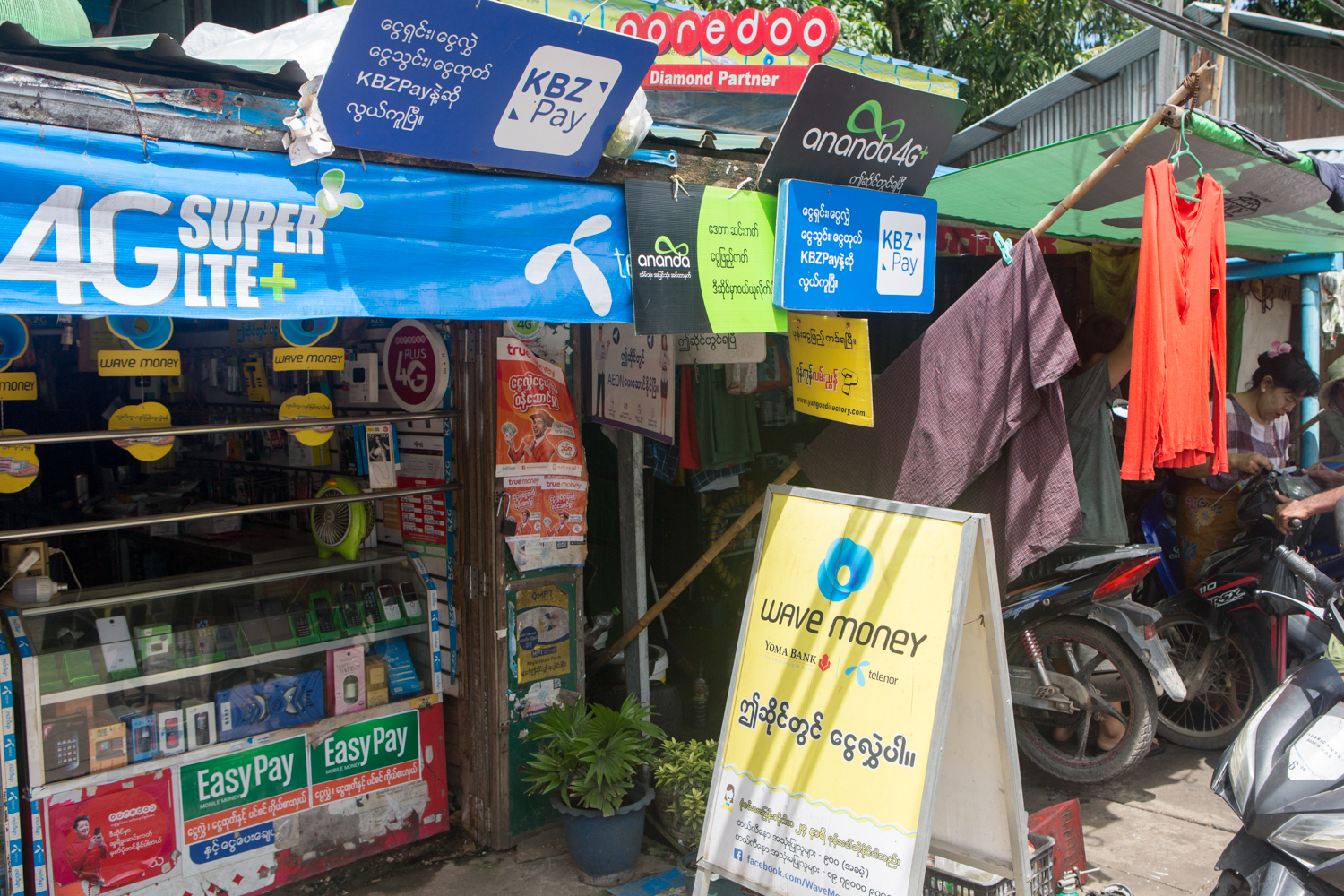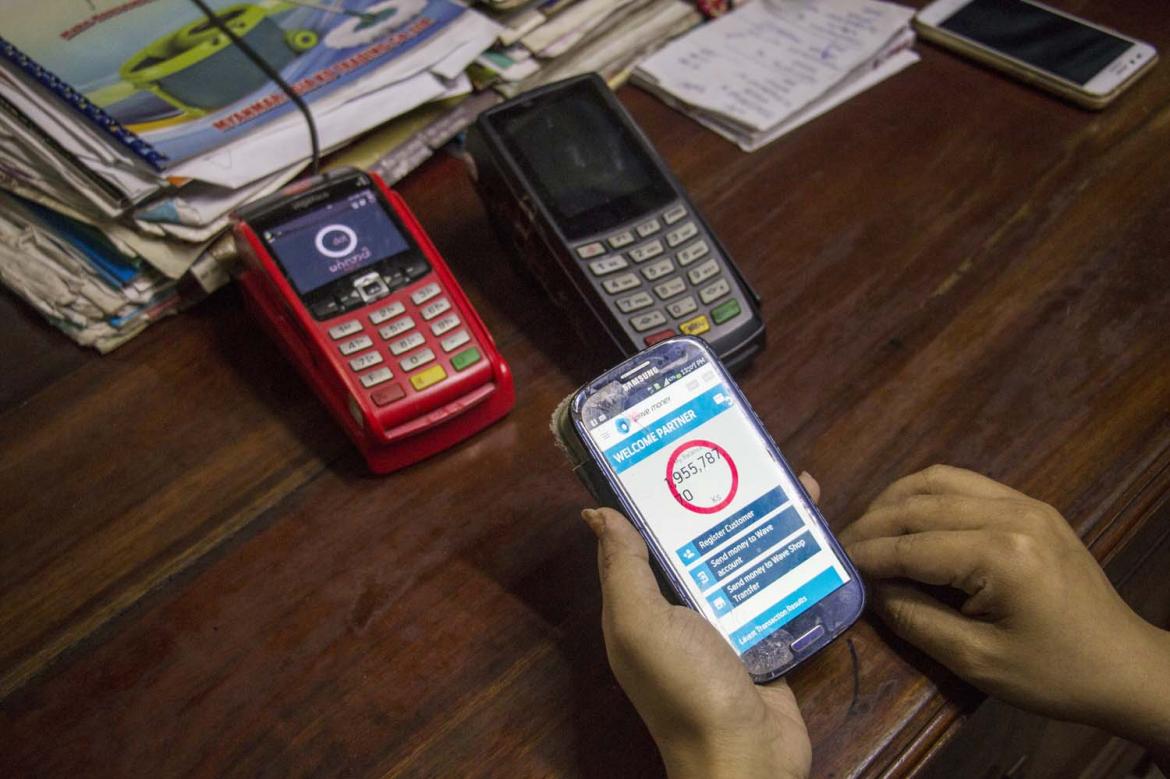By AFP and FRONTIER
Uber sold its Southeast Asian business to rival Grab on Monday, ending a battle between the ride-hailing behemoths and marking the US firm’s latest retreat from international markets.
Singapore-based Grab is taking over the ride-sharing and food delivery operations of Uber in the region, with the California-headquartered company to receive a 27.5 percent stake in the business in return.
Grab and Uber both entered Myanmar last year, prompting an intense battle for market share, in which local start-ups HelloCabs and Oway Rid aimed to match the services offered by their foreign rivals.
In August 2017, Grab announced plans to spend US$100 million in Myanmar over the next three years. It said it would roll out its ride-hailing service to more cities, launch a digital payments system called GrabPay and build a team of up to 200 staff. It is not yet clear how the merger will impact these plans.
Support more independent journalism like this. Sign up to be a Frontier member.
The Southeast Asian sale is Uber’s latest withdrawal from a market where it had faced tough competition, as new chief executive Dara Khosrowshahi seeks to stem huge losses and move past a series of scandals.
After a fierce battle, Uber sold its China operations to rival Didi Chuxing in 2016 in return for a stake, and last year the US firm merged in Russia with the taxi-hailing app of internet giant Yandex.
Grab has long been the dominant force in ride-hailing in Southeast Asia and speculation mounted that a deal with Uber was on the cards after Japanese financial titan Softbank invested huge sums in the US firm.
Softbank is also a major investor in Grab, and is known for pushing for consolidation in the global ride-hailing industry, which has been losing billions of dollars a year due to turf wars.
The value of the deal, which Grab said was the largest ever acquisition by a Southeast Asian internet company, was not disclosed.
Grab, launched in 2012, has poured money into expanding its regional fleet and now operates in 195 cities in Singapore, Indonesia, the Philippines, Malaysia, Thailand, Vietnam, Myanmar and Cambodia.
Competition between ride-hailing apps has been heating up in Southeast Asia, with the market forecast to grow more than five times to $13.1 billion by 2025, according to a 2016 report by Singapore sovereign wealth fund Temasek.


